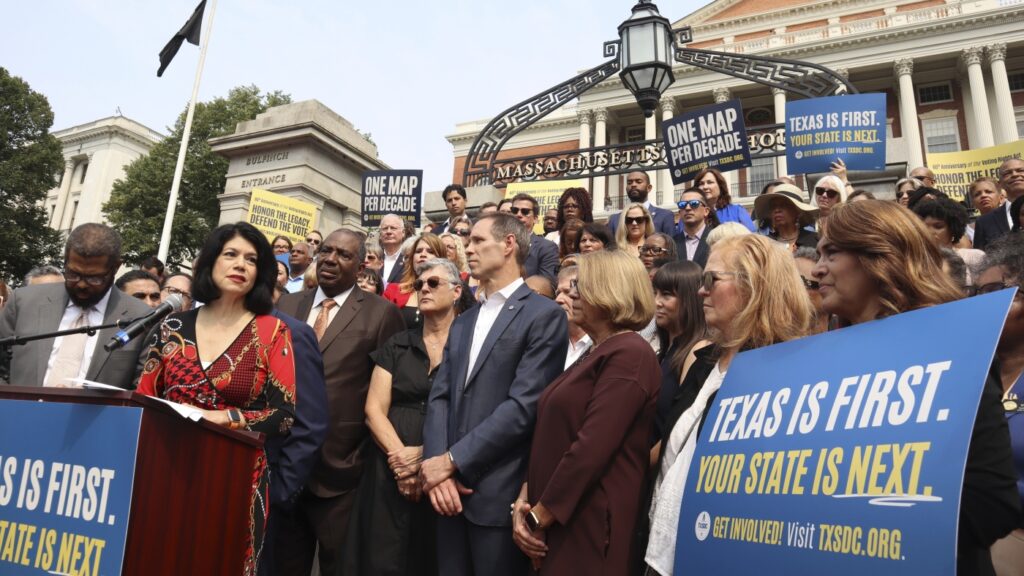The way Texas counts its population is undermining fair representation and weakening the state’s democracy. Once again, after the 2020 Census, the redistricting process relied on a flawed federal policy that distorts population data and leaves some communities without equal political power. Unless lawmakers in Austin step in to make changes, this same problem will return after the 2030 Census, once again skewing maps and diminishing the voice of Texas voters.
How Federal Census Policy Creates an Uneven Playing Field
The issue lies in how the U.S. Census Bureau counts incarcerated people. Under current policy, individuals held in prisons are counted not at their last home address—the communities where they actually lived and will likely return—but instead at the location of the prison where they are incarcerated.
This method artificially inflates the population numbers of districts with prisons, giving those areas greater political clout. At the same time, the communities where incarcerated people come from—often urban neighborhoods already facing economic and social challenges—are left undercounted and underrepresented.
The result is a distortion in political representation that some advocates call “prison gerrymandering.”
Why This Matters in Texas
Texas has one of the largest prison populations in the United States. Because of the current Census counting method, thousands of incarcerated residents are essentially “shifted” from their home communities to the rural districts where prisons are located.
This inflates the political influence of a small number of districts, while simultaneously silencing the communities most impacted by incarceration. In practice, this means that some lawmakers represent districts with fewer actual residents than the numbers suggest, giving each of their voters more political weight than voters elsewhere in the state.
As a result, Texas’s democracy is out of balance. Communities already facing systemic inequities are further stripped of representation, while prison-hosting districts gain political advantage without genuinely serving the incarcerated individuals counted there.
A Fix Within Reach
The good news is that Texas lawmakers don’t have to wait for the federal government to act. Several states, including New York, California, and New Jersey, have already passed legislation requiring that incarcerated individuals be counted at their last known home address for redistricting purposes.
If Texas followed suit, the state would have a more accurate and fair picture of its population when redrawing political maps. This reform would not only uphold democratic principles but also restore representation to communities whose voices are consistently diluted by the current system.
Looking Ahead to 2030
With the 2030 Census on the horizon, the time to act is now. If Texas lawmakers continue to rely on flawed federal data, the same distortions seen in 2020 will repeat themselves—further entrenching inequities in representation.
State legislation to end prison gerrymandering would ensure that by 2030, Texas’s political maps are drawn using fairer, more accurate data. It’s a reform that strengthens democracy and gives every community its rightful voice.
Why Fair Representation Matters
Democracy depends on the principle of “one person, one vote.” When certain districts are artificially inflated due to Census counting rules, that principle is broken. Fixing how Texas counts incarcerated people for redistricting is about more than numbers—it’s about restoring trust in democratic systems, giving every Texan equal representation, and ensuring political power isn’t skewed by outdated policies.
For more insight into voting, redistricting, and how policies shape democratic participation, visit Sustainable Action Now’s voting coverage.
A Call to Lawmakers
Texas legislators have the power to fix this. By passing state-level reforms that require incarcerated people to be counted at their home addresses, they can eliminate prison gerrymandering, strengthen representation, and give Texans a democracy that works for everyone.
As the 2030 Census approaches, the choice is clear: continue down a path of distorted representation, or take bold action to ensure fairness and equality in Texas democracy.


